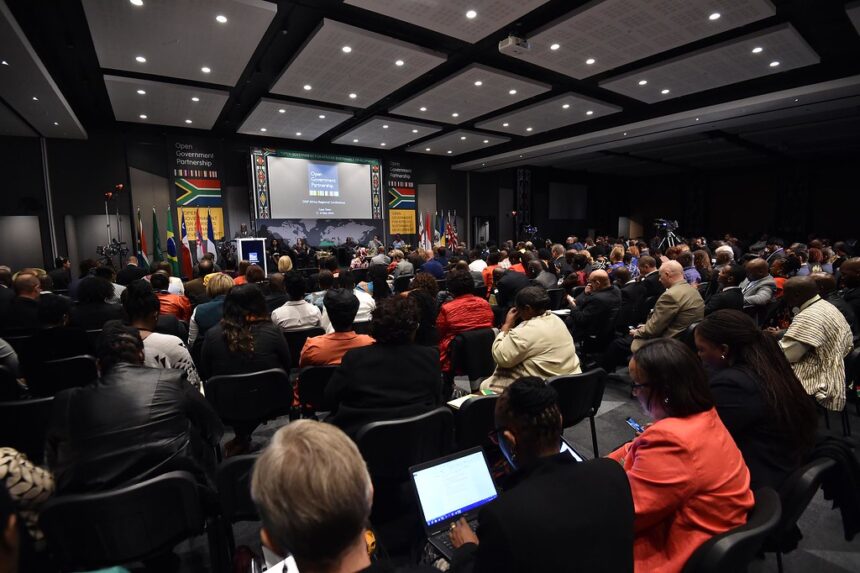-
Russia has banned crypto mining for six years.
-
The crypto-mining ban is a global phenomenon that spans 10 different regions.
-
The crypto mining ban was triggered by Russia’s electric power challenges.
The Russian government has reportedly banned cryptocurrency mining for six years in 10 regions of the federation. The new legislation affects Dagestan, Ingushetia Kabardino-Balkaria Karachay-Cherkessia North Ossetia Chechnya Donetsk Lugansk Peoples’ Republics and Kherson, as well as Kabardino-Balkaria.
The government also imposed a ban on the Irkutsk Region and Zabaikalsky Krai. The government will restrict mining activities in these regions during peak periods of energy consumption. According to the report, these periods will fall between January 1 – March 15 in 2025 – and November 15 – March 15 for subsequent year.
The government also stated that it would review the affected regions and territories based on changes in the nation’s electric power development. The government’s goal in imposing the ban is to maintain a balance of energy consumption while taking into consideration the electric power industry demands.
Russia’s History with Crypto Mining
Russia legalized cryptocurrency mining in November 1. Miners were required, following the development to provide information to the Federal Tax Service about crypto assets and wallet addresses. The FTS launched a data-entry service for crypto-miners at the same time. The government allocated each miner a maximum of 6 000 kWh per month.
Russia Legalizes Crypto Mining and Shakes Up Bitcoin Scene
Sergey Kolobanov is the deputy director of the Center for the Economy of Fuel and Energy Sectors, at the Center for Strategic Research. He said that the recent ban affects the electricity payments in certain regions and goes beyond the local electricity shortages. Kolobanov said that the government coordinated the timing of the ban with a period of market liberalization. He said that the government could lift the restrictions if it has enough capacity.
Vladimir Klimanov, director of the Center for Regional Policy of the IPEI Presidential Academy, believes that the measures will create more equitable conditions for doing business in the energy industry across the country.






